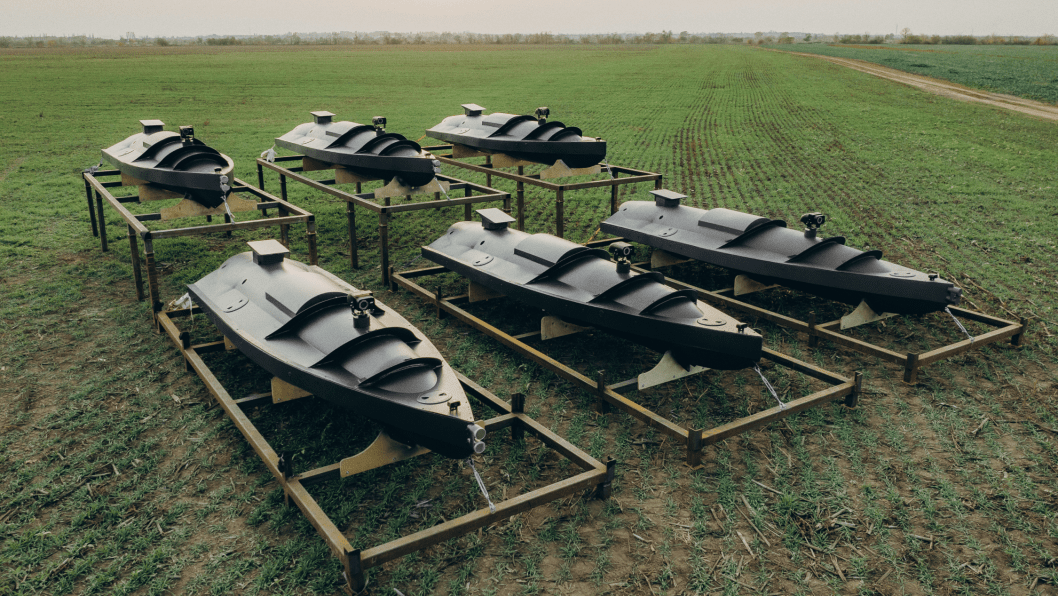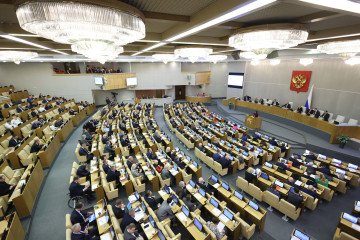- Category
- Latest news
Poland Could Defend Itself for Up to Two Weeks Without Allies, National Security Bureau Chief Says

Poland would only be able to sustain its defense against a potential Russian attack for one to two weeks without support from allies, according to General Dariusz Łukowski, head of the Polish National Security Bureau.
In an interview with Polsat News, Łukowski stated that Poland’s current stockpile of ammunition would allow the country to maintain resistance for a limited period, depending on the intensity and dynamics of the war.
“I believe, depending on how the battle unfolds, we could hold the line for a week or two with current reserves,” he said.
Responding to reports suggesting that Poland only has five days’ worth of ammunition, Łukowski clarified that while this might be accurate for certain categories of munitions, the situation varies across different weapon systems. The general pointed out that the Polish Armed Forces operate with a mix of old and new equipment, and shortages primarily affect older systems.
“All the platforms and combat systems that have been introduced into service in recent years are being supplied with munitions accordingly. In these areas, the situation is significantly better,” he added.
Łukowski noted that Poland is gradually building up its defense capabilities. “We hope that within the next two to three years – time that we have thanks to Ukraine’s resistance – we will rebuild our potential to the point where we can effectively counter a Russian threat,” he said.
Earlier, Polish President Andrzej Duda called on the United States to station nuclear weapons in Poland, citing the need to deter Russia following Moscow’s deployment of tactical nuclear warheads to Belarus.
In an interview with the Financial Times, Duda confirmed he had discussed the idea with Trump adviser Keith Kellogg and argued that NATO infrastructure should shift eastward. Prime Minister Donald Tusk has also voiced support for nuclear deterrence, referencing ongoing talks with France on a European “nuclear umbrella.”






-5c4bc30190eb259931ff30396eca6d3f.jpg)
-c439b7bd9030ecf9d5a4287dc361ba31.jpg)
